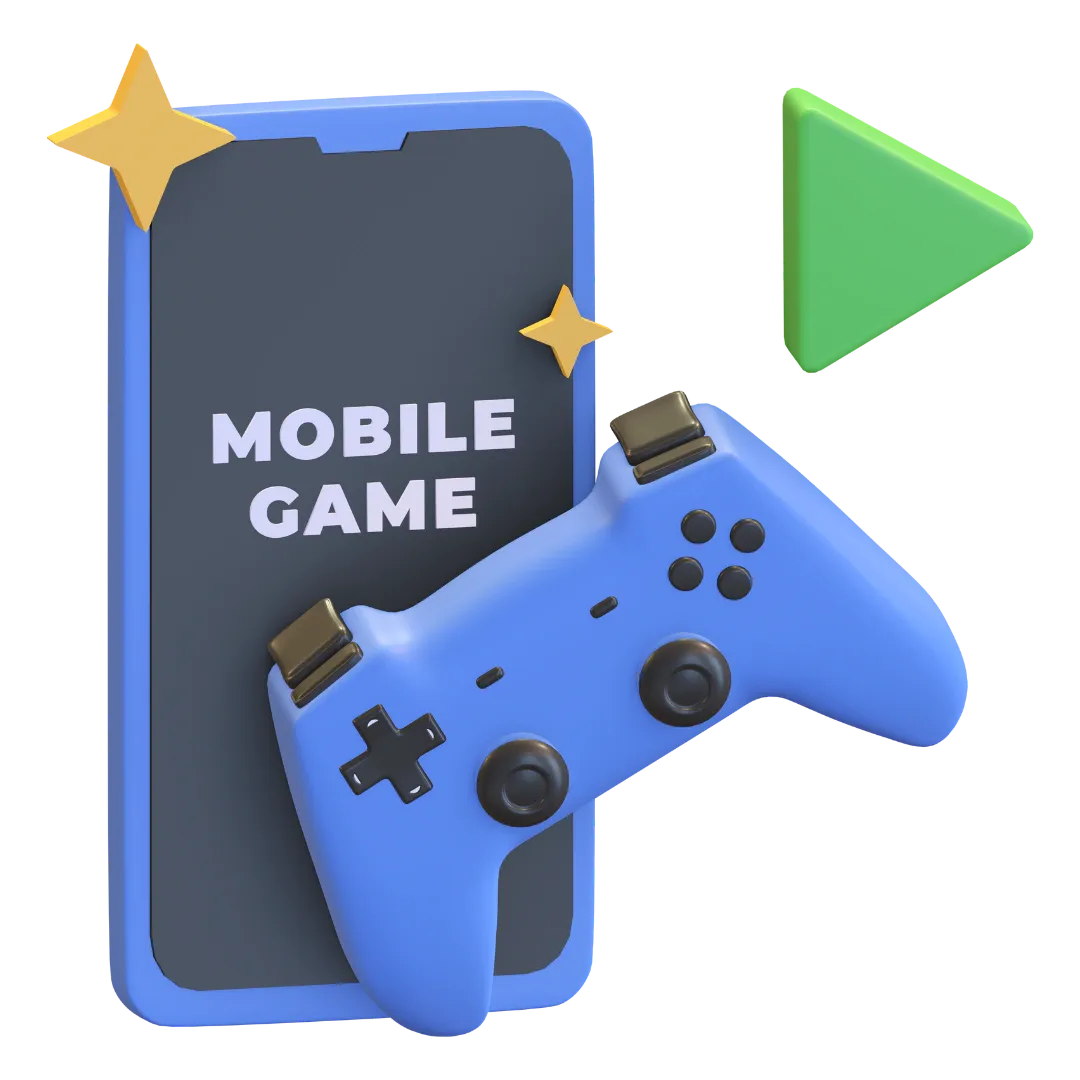Level Up Your Game: The Tech Stack Powering the Future of Mobile Game Development

The mobile gaming industry is a powerhouse, with billions of players worldwide seeking immersive experiences on their smartphones and tablets. To capture this massive audience and stay competitive, game developers need to harness the latest and most impactful technologies. In this blog post, we'll dive into the essential tech stack that's shaping the future of mobile game development.
1. Game Engines: The Foundation of Your Creation
Game engines provide the core framework for building your mobile game world. Here are some of the leading choices:
- Unity: Renowned for its flexibility, ease of use, and massive asset store. Ideal for 2D and 3D games of various genres.
- Unreal Engine: Offers stunning visual capabilities and is often favored for high-end, graphically intensive mobile games.
- Godot Engine: A free, open-source engine gaining popularity for its lightweight nature and intuitive node-based workflow.
- Cocos2d-x: Well-suited for 2D games, known for its fast performance and cross-platform compatibility.
2. Programming Languages: Bringing Your Code to Life
The choice of programming language depends on your chosen game engine and your development team's expertise:
- C#: The primary language for Unity, offering a balance of power and ease of use.
- C++: The backbone of Unreal Engine, often used for performance-critical aspects of game development.
- GDScript (Godot): A Python-like language designed specifically for Godot Engine, making it beginner-friendly.
- JavaScript/TypeScript: Used for cross-platform development with frameworks like Cocos2d-x and React Native.
3. Cross-Platform Development: Reach a Wider Audience
Reaching players across multiple platforms (iOS and Android) is crucial for success. Here are the top approaches:
- Native Development (Swift/Kotlin): Offers the best performance and access to platform-specific features, but requires separate codebases.
- Cross-Platform Frameworks (React Native, Flutter): Allows code sharing between platforms, saving development time, but may have performance limitations compared to native.
- Cloud Gaming (Stadia, GeForce Now): An emerging trend where games run on powerful servers and are streamed to mobile devices, expanding the capabilities of mobile hardware.
4. Augmented Reality (AR) and Virtual Reality (VR): The Next Frontier
AR and VR are transforming how we interact with games:
- ARKit (iOS) and ARCore (Android): These SDKs enable developers to create AR experiences that blend digital content with the real world.
- VR headsets (Oculus Quest, HTC Vive): Immerse players in fully virtual environments, offering a new level of engagement.
5. Artificial Intelligence (AI): Smart Games, Smarter Players
AI is revolutionizing game development:
- Procedural Content Generation: Create vast, dynamic game worlds that adapt to player behavior.
- Intelligent NPCs (Non-Player Characters): Give characters lifelike decision-making and interaction capabilities.
- Dynamic Difficulty Adjustment: Tailor the game's challenge to each player's skill level.
6. Cloud Services: Power Up Your Game
Cloud services are essential for modern mobile games:
- Multiplayer Infrastructure: Enable seamless online gameplay, matchmaking, and leaderboards.
- Data Analytics: Gain insights into player behavior to optimize your game and monetization strategies.
- LiveOps: Deliver regular content updates, events, and promotions to keep players engaged.
Bring Your Mobile Game to Life with Associative
Navigating this complex landscape of technologies can be daunting. That's where Associative comes in. As a leading mobile game development service provider, we specialize in bringing innovative game ideas to reality. Our team of experts can guide you through the entire development process, from concept to launch, ensuring your game reaches its full potential.
Contact us today to discuss your mobile game project!



To learn more, consider reading other articles, blogs, and stories in this area.





















